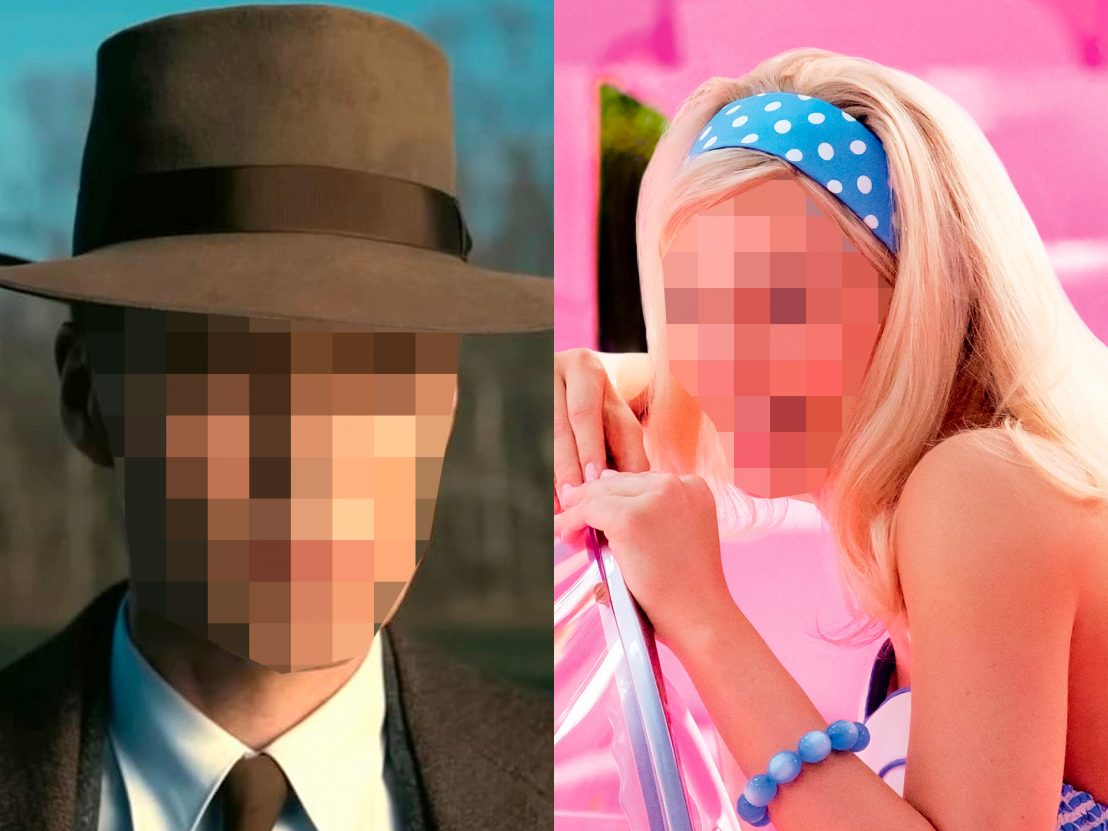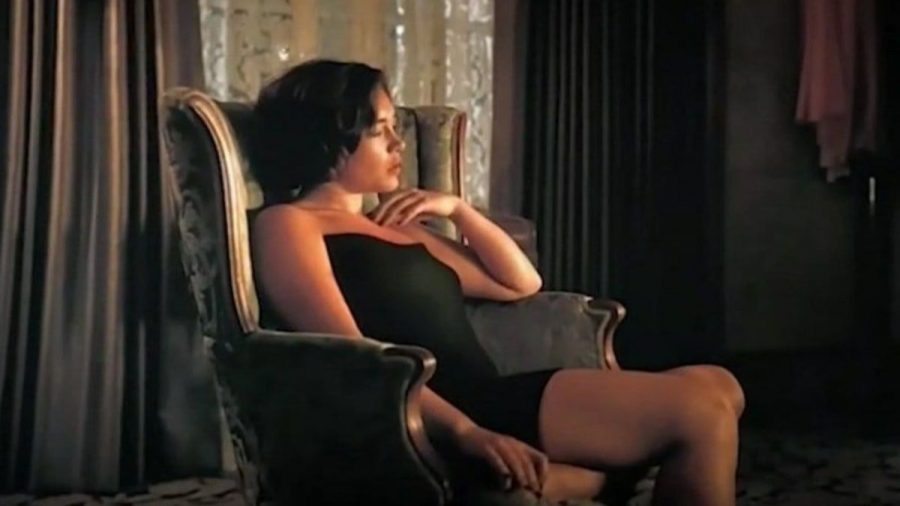Social media has been fascinated by reports of a strange CGI addition in Oppenheimer for certain conservative countries – our writer reports on the reality of Barbenheimer in a country where cinema is subject to heavy government scrutiny.

At the outset, it felt like the cinemas of Pakistan were just as excited for Barbenheimer as the local movie-goer community. Local theaters were offering two-for-one deals – cheaper tickets for one of the biggest movie events in recent memory. The fact that they were even acknowledging the existence of the dual release of Oppenheimer and Barbie felt promising: if you could buy tickets, that had to mean you would get to see the films, right?
Cinemagoers weren’t so sure, since the local censor board can be volatile. It’s usually safe to strike anything that isn’t a four-quadrant blockbuster off the calendar, and even local films aren’t safe: last year, Saim Sadiq’s Joyland, a film that won the Jury Prize at Cannes, was banned from screening in the Punjab province. That movie, which touches lightly upon queer issues, has nothing on the full-frontal nudity and controversial maps of Oppenheimer and Barbie, and the prospect of both films being banned felt depressingly conceivable.
It was a pleasant surprise, then, that tickets for Oppenheimer and Barbie went up for sale a full three days ahead of July 21. What’s more, Oppenheimer wasn’t marked with a red 18. That implied they were screening a censored version cleared for exhibition – a guarantee of sorts. As we got closer to release, however, my friends in Punjab got antsy: they’d been told that the tickets they’d purchased for Barbie were at risk of being refunded, since the censor board hadn’t cleared the movie. The anvil dropped on Friday with the announcement that the Punjab Censor Board had banned Greta Gerwig’s latest for featuring “objectionable content.” Early screenings were cut short and audiences were told to leave after sitting through half the film.
The ban, temporary only in name, is limited to the province of Punjab, and it hasn’t stopped people from buying tickets in droves throughout the rest of the country. In Islamabad (where I live), showings for the weekend were completely booked, and we barely got tickets for Sunday. When our group arrived at the theater, it was swamped with people in pink (there was even a group of boys wearing suits with pink ties, Gentleminions-style), and we found that most of our crowd was there for the double feature. The atmosphere was electric.
Our screening began at 4:30 with Barbie, and we tried to catch the objectionable content Gerwig had snuck into the Mattel movie. The film was fun, and completely uncensored – by its end, we were perplexed as to why the censor board had taken issue with a film whose closest aesthetic reference point is Lazy Town.
Oppenheimer was another story. Usually, when the censors need to prune a film, they make brutish cuts that make the omission obvious. The censorship in this case is different. It’s an international hatchet job, and the censors appear to have appreciated the painstaking care Christopher Nolan and editor Jennifer Lame put into the edit. That’s why, instead of upsetting the rhythm, they decided to try their hand at post-production.

This distracts most during the two sex scenes. The censors have zoomed into the background of certain closeup shots, while wide shots have their nudity concealed behind fuzzy black columns. A friend of mine thought the first such column was a wall in the foreground, mistaking it for a strange aesthetic decision on Nolan’s part. To me, the columns look more like the monoliths from 2001: A Space Odyssey (which Barbie does such a great job of spoofing).
The most technically innovative censorship occurs in the scene where Murphy and Pugh are seated opposite one another in the nude. The censored version drapes Pugh in a pitch-black shift dress that looks like it was applied by a gifted artist working in MS Paint. The inclusions obviously rob the scenes of their intimacy, but they at least allow them to remain legible. I was partially grateful for the cuts – obtrusive as they were, they had allowed me to see the film on the big screen (albeit while seated next to a 10-year-old who asked his parents if the bomb had gone off during the silent part of the Trinity Test sequence).
Barbie’s banning feels more disturbing, since our censor board doesn’t usually ban films with messaging as innocuous as Gerwig’s. It sets a dangerous precedent, even though it’s become clear that the censors aren’t nearly as influential as they think they are. Banning a film these days is the same as giving it free publicity for the home video release, and even now hardcore Barbie-heads have been embarking on cross-province road trips for the movie. I’m sure a few of them must’ve been present during the screening I attended on Sunday.
I’m glad for them, since the phenomenon has been a joy, and not just because the films are excellent. Cinema culture in Pakistan has been in the death throes for ages, and it’s been amazing to see people come together in their appreciation of the medium. Case in point: my audience broke into applause as the credits for Barbie rolled. I saw the boys in suits get up, and thought they were going to give the film a standing ovation. But no; they were changing their pink ties to black ones. And nobody batted an eyelid.
Published 28 Jul 2023

Greta Gerwig's behemoth blockbuster is a stranger, more fascinating film than its hyper-corporate marketing would suggest.

This combustible and relentlessly-paced biography of the “father of the the atomic bomb” is a contender for Christopher Nolan’s best film.

By Joshua Price
Greta Gerwig and Christopher Nolan are two modern auteurs with more in common than an upcoming summer release date...